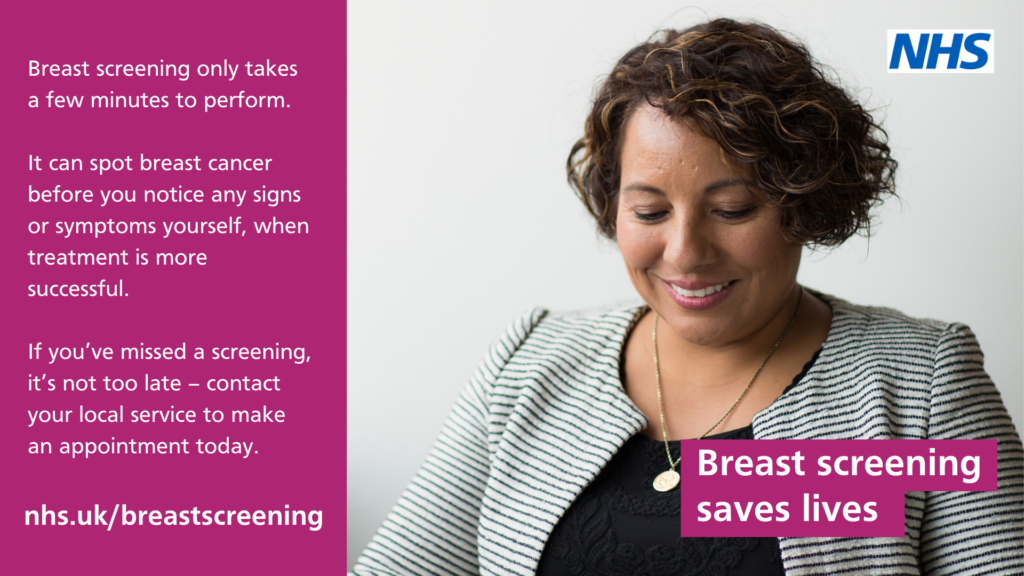Over-the-Counter (OTC) Medicines in Schools and Nurseries
At Trinity Medical Centre, we often receive requests to prescribe over-the-counter medicines such as paracetamol, ibuprofen, antihistamines, or teething gels for children attending nurseries or schools. These are generally not appropriate for a GP prescription, as national guidance recommends that these items should be supplied by parents and administered by staff at schools or nurseries.
Why GPs Do Not Prescribe OTC Medicines for School Use
According to NHS and Department of Health guidance — supported by the British Medical Association (BMA) — GPs are not obliged to issue prescriptions for medications that are available to buy without a prescription, even if a school or nursery requests one.
Many OTC medicines are available for a low cost at pharmacies and supermarkets, and schools or early years settings should have policies in place to safely administer them if needed.
- Read the BMA’s guidance:
👉 BMA – OTC medicines in schools and nurseries
What Parents Should Do
If your child needs OTC medication while at school or nursery:
- You can supply the medicine directly to the school or nursery, clearly labelled with your child’s name and dosage instructions.
- You should complete a parental consent form for the school or setting to give the medication as needed.
- This includes common items such as calpol, antihistamines, teething gels, and topical creams.
Schools and nurseries are advised to follow the Department for Education’s statutory guidance for supporting pupils with medical conditions.
- Department for Education guidance:
👉 Supporting pupils with medical conditions
When Might a Prescription Be Appropriate?
In general, GPs will not issue prescriptions for medications that are:
- Used for short-term relief (such as teething, fever, hay fever or cold symptoms).
- Available to buy over the counter.
However, prescriptions may be appropriate if your child:
- Has a long-term condition that requires regular medication (e.g., asthma, epilepsy).
- Needs a medicine not available over the counter or that requires special licensing or monitoring.
- Has a specific clinical need that has been assessed and discussed with their GP.
School & Nursery Responsibilities
Schools and early years settings are responsible for:
- Having a clear policy for administering medicines.
- Keeping a record of all medications given.
- Ensuring staff are trained to administer medications safely.
Key Takeaways for Parents
✅ You can supply OTC medication to school/nursery yourself.
✅ A prescription is not needed for short-term use of common medicines.
✅ Complete the school’s permission form with clear instructions.
❌ GPs are not required to prescribe OTC medicines just because the school requests it.
If you are unsure about your child’s symptoms or which medicines are appropriate, you can contact your local pharmacy or speak with us for clinical advice.




